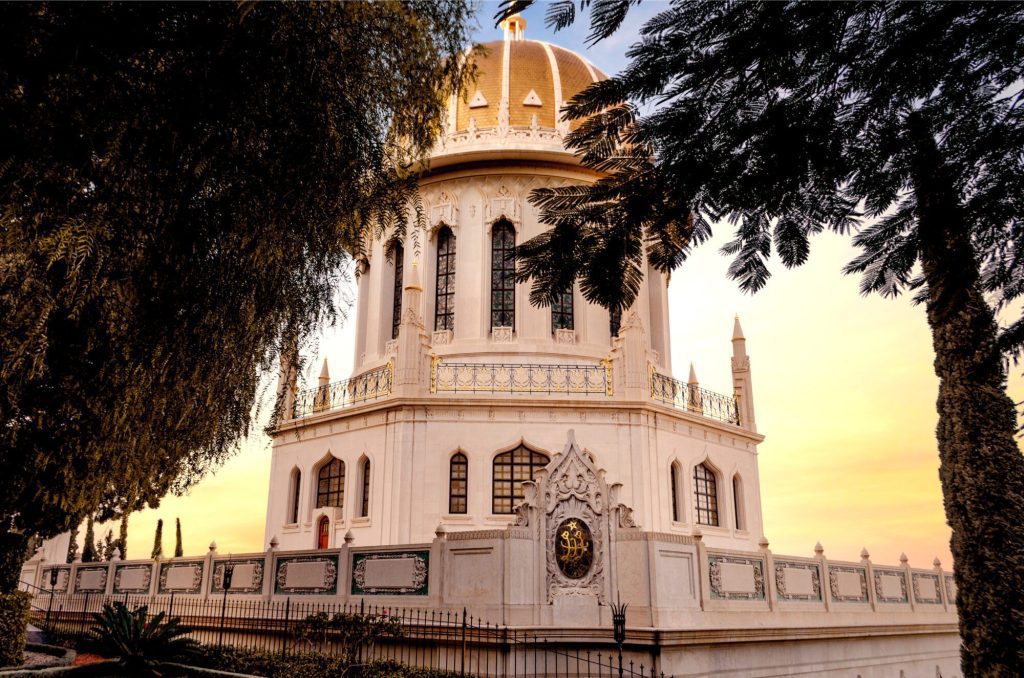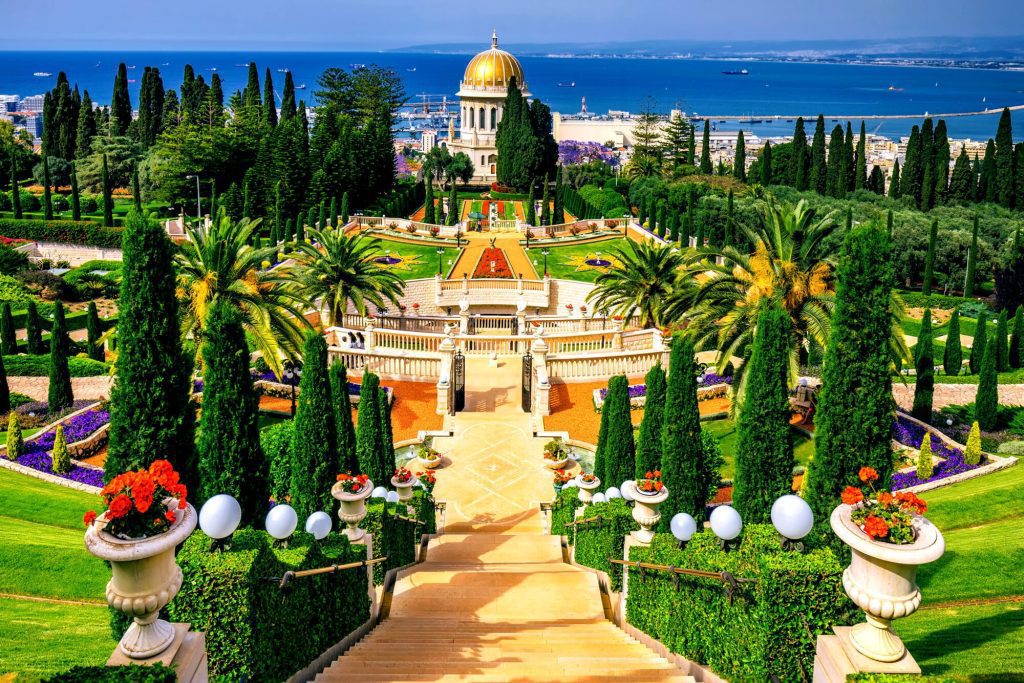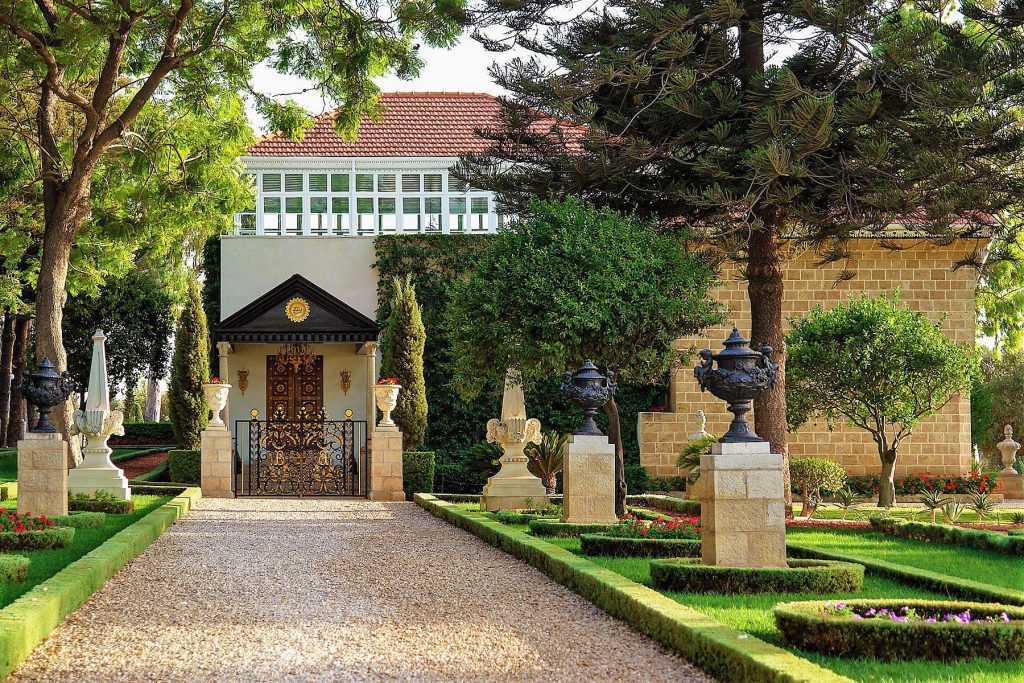The Báb is one of the central figures in the Baháʼí Faith, and his teachings and influence continue to inspire Baháʼís to this day. The Báb, meaning “the gate” in Arabic, was born in 1819 in Shiraz, Persia (modern-day Iran). He is considered the forerunner and herald of Bahá’u’lláh, the founder of the Baháʼí Faith.

The Báb’s mission was to prepare the way for the coming of a new prophet who would bring a message suited to the needs of the modern world. He taught that the time had come for a new era in human history and that the teachings of the past prophets were no longer sufficient to address the challenges of the present day. At first, he proclaimed himself the Báb (gate) to the Mahdi, a central figure in Islamic eschatology. Then eventually, he claimed he was the Báb to divinity itself.
The Bahai Gardens in Haifa

The Báb’s teachings emphasized the importance of spiritual transformation and the need for individuals to detach themselves from material desires and worldly attachments. He taught that the purpose of life was to know and love God, which could only be achieved through sincere devotion and service to others.
The Báb’s Teachings
The Báb’s teachings also challenged his time’s social and religious norms. He advocated for the equality of men and women, the elimination of prejudice, and the establishment of a just and harmonious society. His teachings attracted a large following but provoked opposition from the established religious authorities, who saw him as a threat to their power and influence.
The Baháʼí Faith

The Báb’s ministry lasted only six years, from 1844 until his execution in 1850. He wrote numerous books and revealed thousands of scripture verses during this time. He also appointed several disciples, whom he called “Letters of the Living,” to spread his message and prepare the way for the coming of the new prophet.
The Bahá'u'lláh

Credit: Marco Abrar, CC BY-SA 2.5, via Wikimedia Commons
Despite his short ministry, the Báb’s influence was profound and far-reaching. His teachings and writings inspire Baháʼís today, and his life and martyrdom are potent examples of devotion and sacrifice. Baháʼís commemorate his birth, his declaration of his mission, his martyrdom, and the anniversary of the beginning of his ministry.
In conclusion, the Báb was a central figure in the Baháʼí Faith, whose teachings and influence continue to inspire Baháʼís around the world. He prepared the way for the coming of Bahá’u’lláh, the founder of the Baháʼí Faith, and his teachings emphasized the importance of spiritual transformation, the need for social and religious reform, and the establishment of a just and harmonious society. His life and martyrdom continue to be a powerful example of devotion and sacrifice, and his legacy remains an important part of the Baháʼí Faith’s history and teachings. Here is a link to their website!

